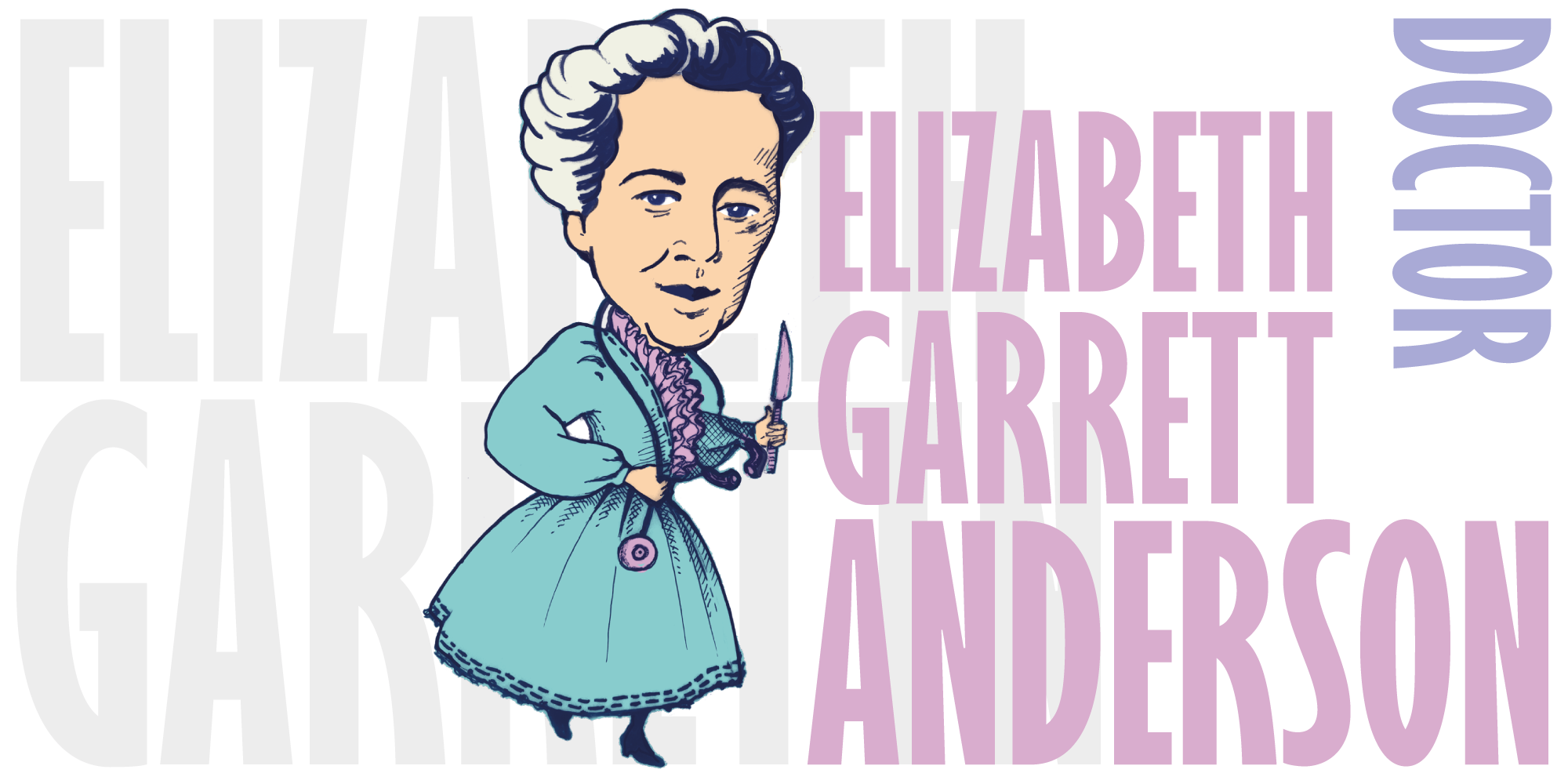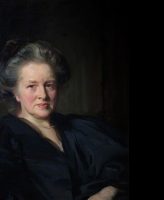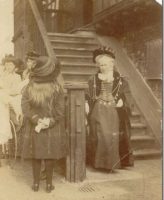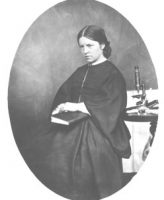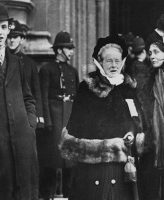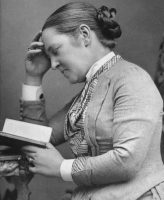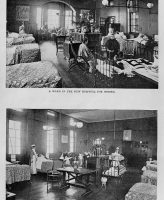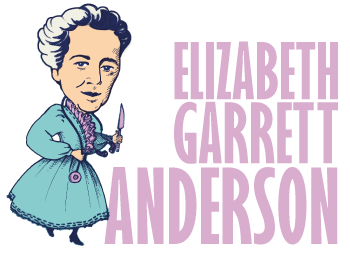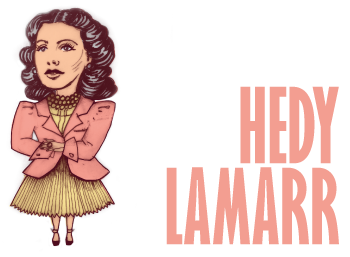When and where was she born?
Elizabeth Garrett Anderson was born on 9 June 1836 in Whitechapel, London. She died at home, aged 81 on the 17 December 1917, in Suffolk.
Fun facts
- Elizabeth was the first woman to become a medical Doctor in Britain;
- She founded the New Hospital for Women and Children treating women’s gynaecological issues;
- She co-founded the London School of Medicine for Women (with Sophia Jex-Blake); a teaching hospital offering courses for women (now part of the University College London medical school);
- She was a suffragette but not as active as her sister Millicent Garrett Fawcett, a leader in the campaign for women’s suffrage;
- She had three children; one daughter also became a doctor and feminist activist;
- She was the only female member of the British Medical Association for 19 years;
- The New Hospital for Women was renamed after her in 1918;
- A secondary school in Islington was named after her in 1984.
What’s important about her scientific work?
Elizabeth was not allowed to work in a hospital, so in 1865 she opened her own practice in London. It became extremely popular and after 6 months, she opened an outpatient’s department, to help poor women get medical help from a qualified female doctor who they could relate to.
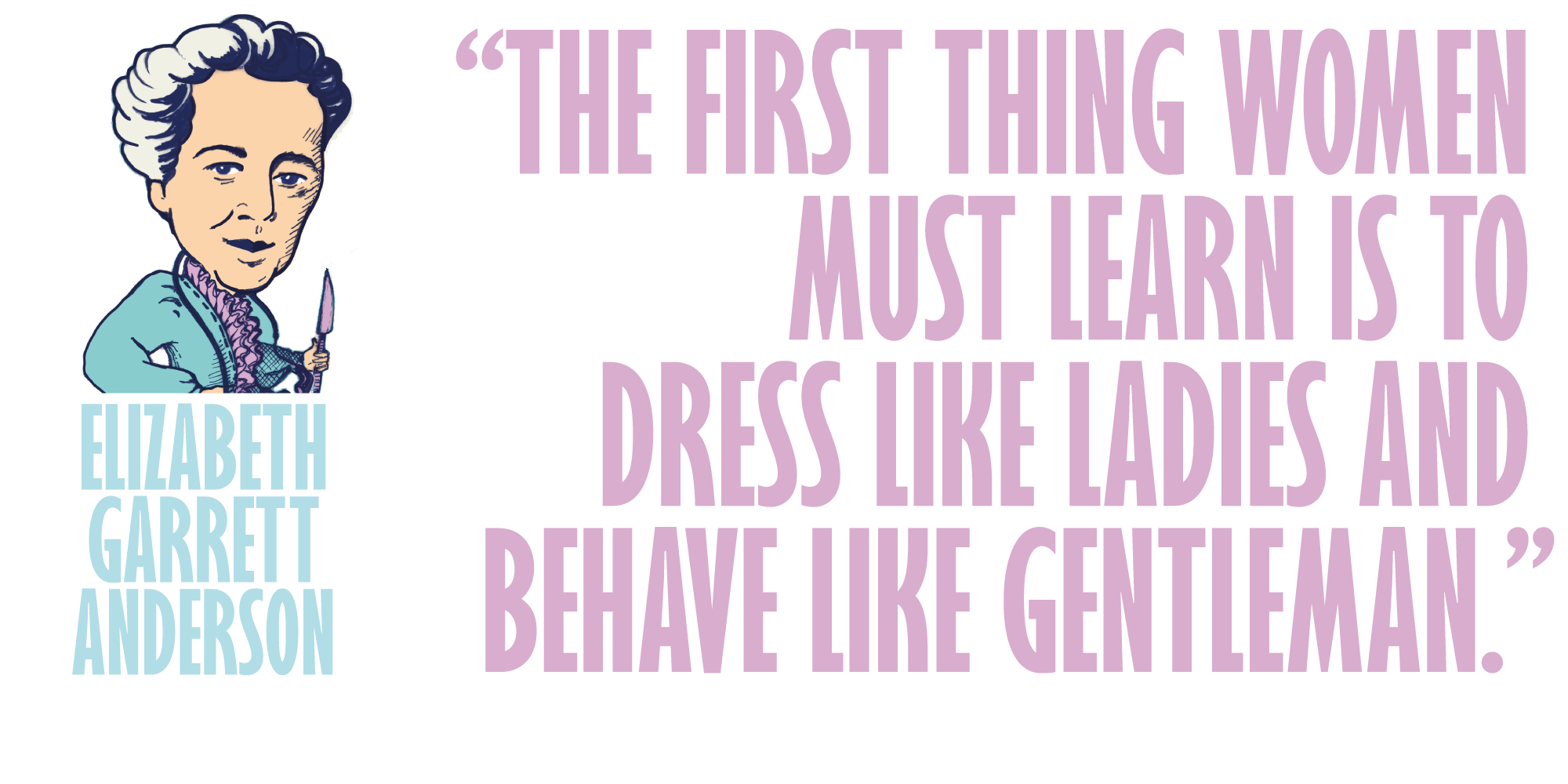
What do we know about her childhood?
Elizabeth was one of 12 children. Her family moved to Aldeburgh in Suffolk when she was 5 but as there were no schools there she was sent to a private boarding school when she was 13, but wasn’t taught any science and maths, so with the encouragement of her parents, so both taught herself and went to private teachers. The children were also encouraged to be interested in politics.
What struggles did she face?
- She had to start her career as a nurse because women were not able to train to be doctors. She then had to become a licenced apothecary in order to practise medicine;
- She had to go to Paris and teach herself French to gain her medical degree in 1870;
- Initially people did not want to go to a female Doctor, but when there was a pandemic of cholera (a sort of equivalent of Covid-19), they were happy to seek her help.
What did she achieve?
- Elizabeth was the female Doctor in Britian
- She co-founded the first hospital for women and staffed by them;
- She was the first dean of a British Medical School;
- She was the first woman in Britain to be elected to a school board;
- She was the first female mayor in Britain, as Mayor of Aldeburgh.

